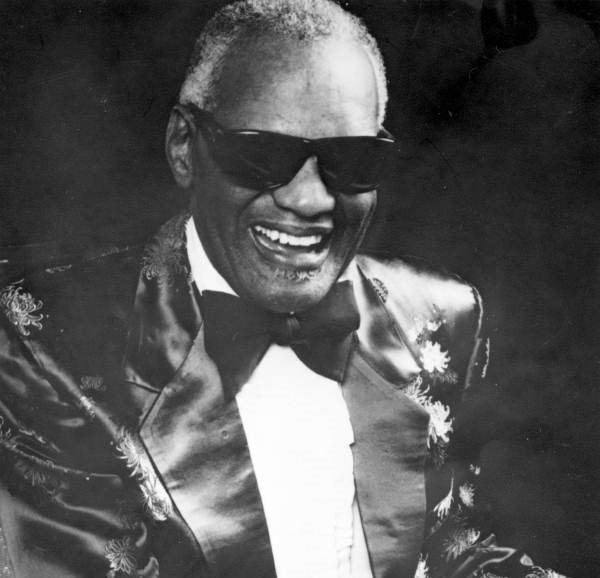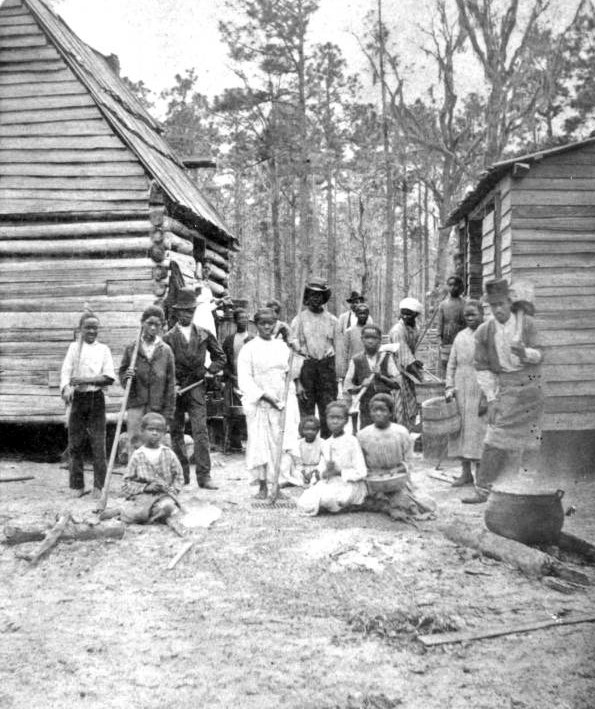Ray Charles
b. 9/23/1930 (Albany, GA) – 6/10/2004 (Beverly Hills, CA) (African American Heritage)
“Ray Charles has been called "the genius of soul," a true pioneer of American soul music.
The Albany, Georgia-born musical prodigy, blind since the age of 7, defied formidable odds to
become one of the foremost icons in the history of modern American music.
Born Ray Charles Robinson in 1930, after his family moved to Greenville, Florida (near Tallahassee)
Charles was soon enrolled at a state-supported school for the deaf and blind in St. Augustine,
Florida, in 1937. During his eight years there, Charles received a formal music education,
mastered Braille and learned to play piano, organ, clarinet, trumpet and saxophone. On summer
breaks, he occasionally entertained relatives in Tallahassee's black district, known as
Frenchtown.
At 15, he left school to join the South's so-called "chitlin' circuit, performing at gigs throughout
the south, mostly in black dance halls in Orlando, Tampa and Jacksonville, where he lived briefly.
In Tampa, he played for a southern band called The Florida Playboys, wearing his signature sunglasses
for the first time. It was in Tampa that he made his first three recordings.
In 1948, Charles left Florida for Seattle, Washington, to pursue better opportunities in music.
There he met 14-year-old Quincy Jones, and the two developed what would become a close personal
and professional relationship for the rest of Charles' life.
Charles soon dropped his last name "Robinson," mainly to avoid popular confusion, since boxer
Sugar Ray Robinson had become a household name in the U.S. He soon landed a record contract
and moved to Los Angeles with a newly formed group, the McSon Trio. It was with this trio that
a recording first brought Charles into the national spotlight. In 1951, the single "Baby Let Me
Hold Your Hand" jumped to #5 on the nation's R&B chart.
The 1950s was a decade of phenomenal success for Charles. First signed to Atlantic Records,
he scored his first No. 1 hit with "I Got a Woman," a song that combined elements of gospel
music with blues. The wildly popular recording spawned a new musical genre that eventually
would become known as soul music. Charles ended the decade on a high note with the single
"What'd I Say." The song topped the R&B chart in 1959 and was Charles' first cross-over
hit.
The 1960s brought a string of smash hits, many of which not only became Charles' all-time
signature songs, but also were unprecedented blends of soul, blues, jazz and country western
sounds. Such hits as "Georgia on My Mind," "Hit the Road Jack," "You Don't Know Me," and
"Crying Time," ably demonstrated Charles' extraordinary grasp of the full range of American
pop music.
When he died (of liver cancer) in 2002, Ray Charles had conquered not only the music world,
but also a 20-year addiction to drugs. His legacy—underscored by a dozen Grammy Awards,
three Emmy nominations, inductions into the Rock, Jazz and Rhythm and Blues halls of fame,
among a long list of other honors—is generally regarded as an essential and indelible element
in the bedrock of American pop music.
On the eve of his death, Hollywood paid its own tribute with Ray, a film depicting Charles'
life. The movie starred Jamie Foxx, whose portrayal of Charles won him the 2004 Academy
Award for Best Actor. Charles got the chance to work with the film's director, but died
before the film's debut in 2004. He is buried in Los Angeles" (Florida Division of Arts & Culture).
|







